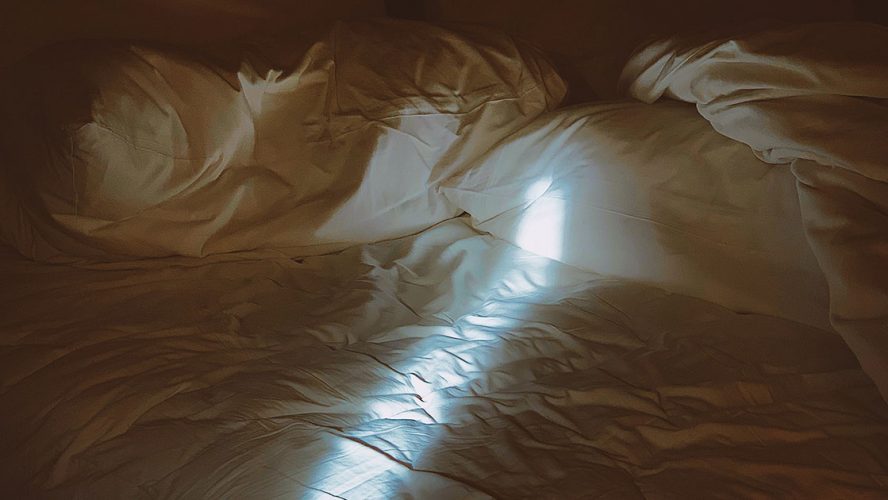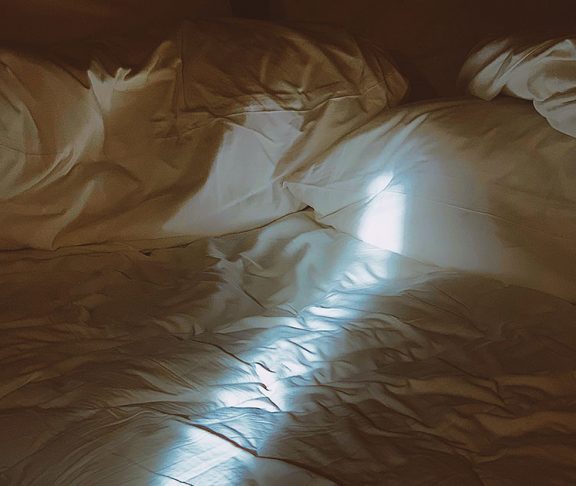Your circadian rhythm is your internal clock, and we each have our own, unique, particular rhythm. Practicing clinical psychologist Dr. Breus is board certified in chemical sleep disorders. He has taken a unique approach to studying sleep disorders and insomnia. With the use of cognitive behavioral therapy and sleep restriction therapy, which is limiting the time spent in bed without sleeping, among other techniques, Dr. Breus has seen astonishing results.
“I started to realize that for the patients I was working with, their sleep is actually really good,” he sums, “but only when they were to sleep at certain times.” After clearing with employers, several of his patients put his research to the test by going to work later and then sleeping later. Surprising to the patients, they realized they felt fine after adjusting their patterns based on conclusions Dr. Breus was able to draw about their circadian rhythms.
“They didn’t have insomnia,” Dr. Breus explains. “They just wanted to sleep at different times.”
Hormonal effects
Not only can this new research advise when it’s best for you to sleep and go to work. It can also help determine when to engage in almost all activities, unique to your chronotype. To discuss the different chronotypes, Dr. Breus presents 200 individual studies in his new book, “The Power of When,” in an attempt to understand the differences in sleep in relation to personality and function in society.
Dr. Breus looks to our prehistoric ancestors as an example. The “lions,” as he refers to them, are the people that wake up early, get to the office and run the pack. The “bears” are the night owls, and were once security guards to watch over the community while everyone else was asleep. Each person contributes something unique to society, based on his or her sleep chronotype.
“If I know you’re a lion, then I know when your cortisol, melatonin, epinephrine, serotonin and blood sugar changes,” Dr. Breus explains. “A lot of what goes on inside gets very predictable because it works on a circadian rhythm.”
Putting it into practice
By understanding your circadian rhythm, you can determine how to use your sleep schedule to better perform your activities during the day. However, it’s important to note that some people are required to commit to a sleep schedule that conflicts with their innate circadian rhythm.
“I wanted to align people with not only what time they go to bed or wake up, but to be even more precise. Because some people have to wake up early, regardless of their chronotype,” says Dr. Breus. One way to determine your chronotype is by taking a short quiz, either online or in Dr. Breus’s book. When it comes to relationships, he also provides matrices and compromises to performing certain activities with a partner.

